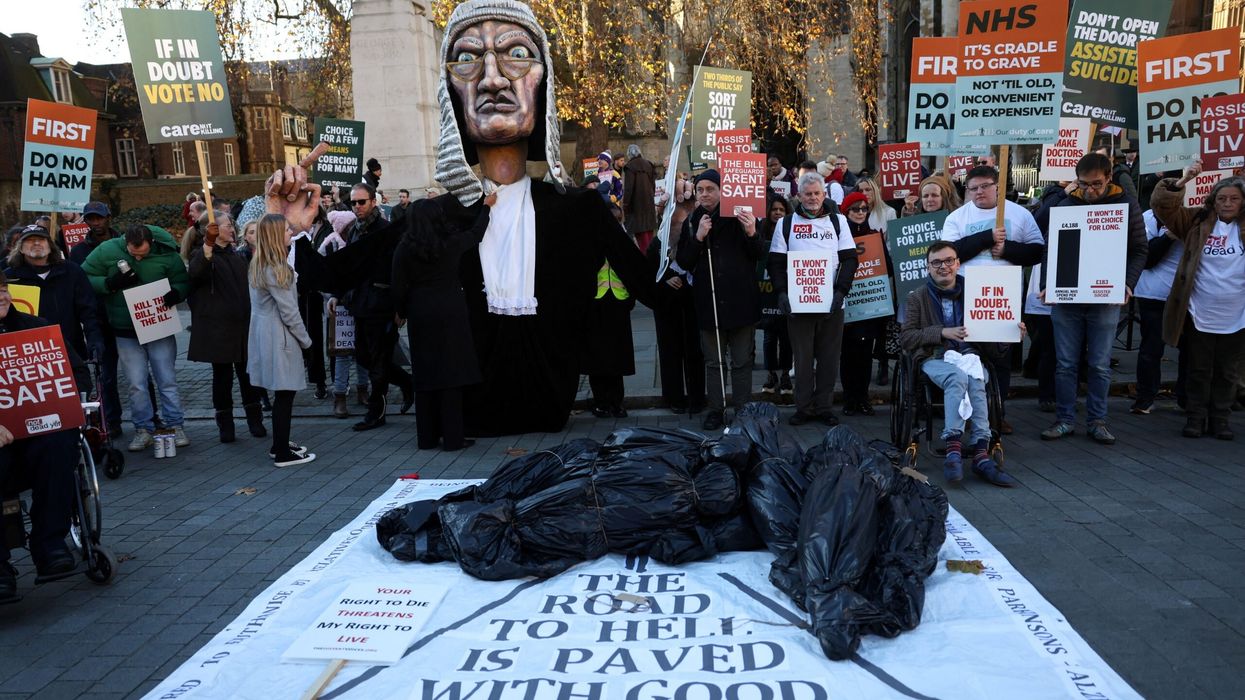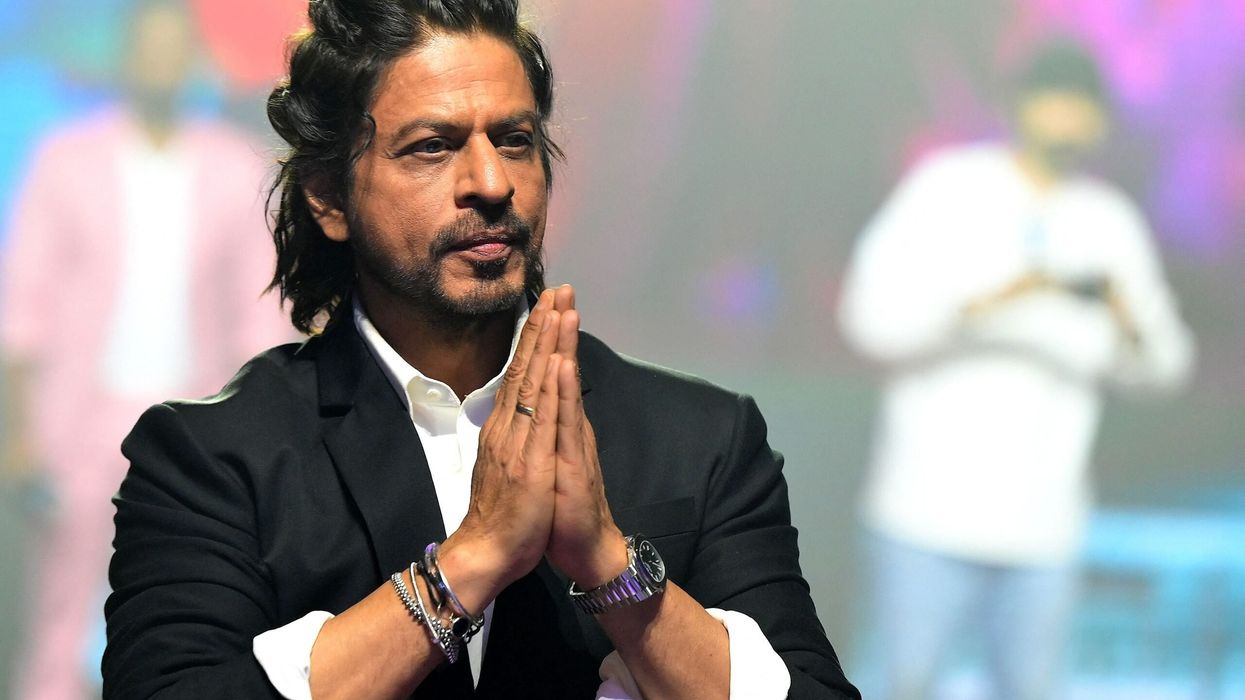By Dinesh Sharma
IN SELECTING senator Kamala Devi Harris as vice-president on the Democratic ticket, Joe Biden has already made history. He has clearly hit a sixer as the Biden-Harris ticket raised $48 million (£36m) in 48 hours since the announcement.
I agree that in the “battle for the soul of the nation,” as Biden has described the 2020 election, the former vice-president and Democratic presidential nominee has chosen wisely and listened to the voice of the people.
Biden, who served under Barack Obama, the first black president, may be instrumental in bringing in the first black woman of south Asian or Indian heritage into the White House, etching his pivotal role in history towards forming “a more perfect union”.
As Henry Luce’s first American century grinds to a precipitous halt – with a lackadaisical response to the global pandemic, the rise of China’s economic and military might, the resurgence of Vladimir Putin’s Russia, and the growing inequality and racial strife in the United States – many new immigrants who came to this country after the passage of the Civil Right Act of 1964 and the Immigration Act of 1965, do not have a living memory of the Chicago race riots of 1968 at the DNC Convention, with water hoses and dogs unleashed on black, brown and white civil rights protesters.
In fact, most new immigrants and children born after 9/11 do not ever recall Americans being so divided. My mother, who arrived in Chicago in the mid-1970s, does not remember such a fractious and dangerous time. But Biden has the long historical view – he knows what is at stake in this election.
As Samuel Huntington asked in his last book, Who Are We? The Challenges to America’s National Identity (2004), the fundamentals of the American creed are on the ballot this year. Sure, the early settlers of America were predominantly British Deist landowners (George Washington, Thomas Jefferson, James Madison, Benjamin Franklin and others), products of the 16th century Western Enlightenment, but the many waves of immigrants that have built this nation have come from all parts of the world.
As the first black woman on the democratic ticket, Harris will be following the legacy of many strong black women from Fannie Lou Hamer, Ella Baker, and Diane Nash to Shirley Chisolm. As the first graduate of a Historically Black College and University (HBCU) to achieve this honor, she will inspire many childhood dreams in young girls who have the right to dream big dreams.
As a representative of a growing Asian American and Pacific Islander voting block (AAPI), the daughter of immigrants, she will blaze the trail for millions of new immigrants, and prosecute the case that the US still represents the land of opportunity in the 21st century.
Her mother, Shyamala Gopalan Harris, was from India, who came to UC Berkeley to do a PhD in cancer research. Her father, Donald J Harris, originally from Jamaica, became a professor of economics at Stanford University.
Under the current administration, H1B visas for technology workers from India and other countries have been severely curtailed. While the strategic alliance with India, which began under previous administrations has continued unabated, there are indications that this partnership will intensify under the Biden administration, who had a hand in shaping the civil nuclear deal in 2005.
In Biden’s view Harris is a strategic choice on many fronts; but Aab ki Baar... (India’s prime minister Narendra) Modi’s sarkar (government) has remained silent, probably because Harris may have called for intermediation in the Kashmir affair. “We’ve to remind the Kashmiris that they are not alone in the world. We are keeping a track on the situation. There is a need to intervene if the situation demands,” she said in October 2019
She is ideally positioned to represent her hybrid identity – African-American, West-Indian and East-Indian – a reflection of the emerging American identity. A blended American identity, of course, threatens the dominant narrative of the American founding, where minorities – Native Indians, blacks, and women – faced genocide, enslavement and oppression, respectively.
As the third woman to be selected to fill the role of the vice-president on a major party ticket, her forerunners included Geraldine Ferraro in 1984 and Sarah Palin in 2008. Will Harris be able to break the losing streak of these earlier women candidates? Given the current polls, it seems highly likely.
Furthermore, will she be able to fill the high heels or pump shoes left behind by Hillary Clinton, the most vilified politician and the only woman presidential nominee on a major party ticket? It remains to be seen.
With fewer than 85 days to the election, the Biden-Harris ticket seeks to remake electoral history, especially on the centennial of the 19th Amendment, when women or half of the population secured the right to vote.
Dr Dinesh Sharma is director and chief research officer at Steam Works Studio, an education-tech venture in Princeton, New Jersey.



















